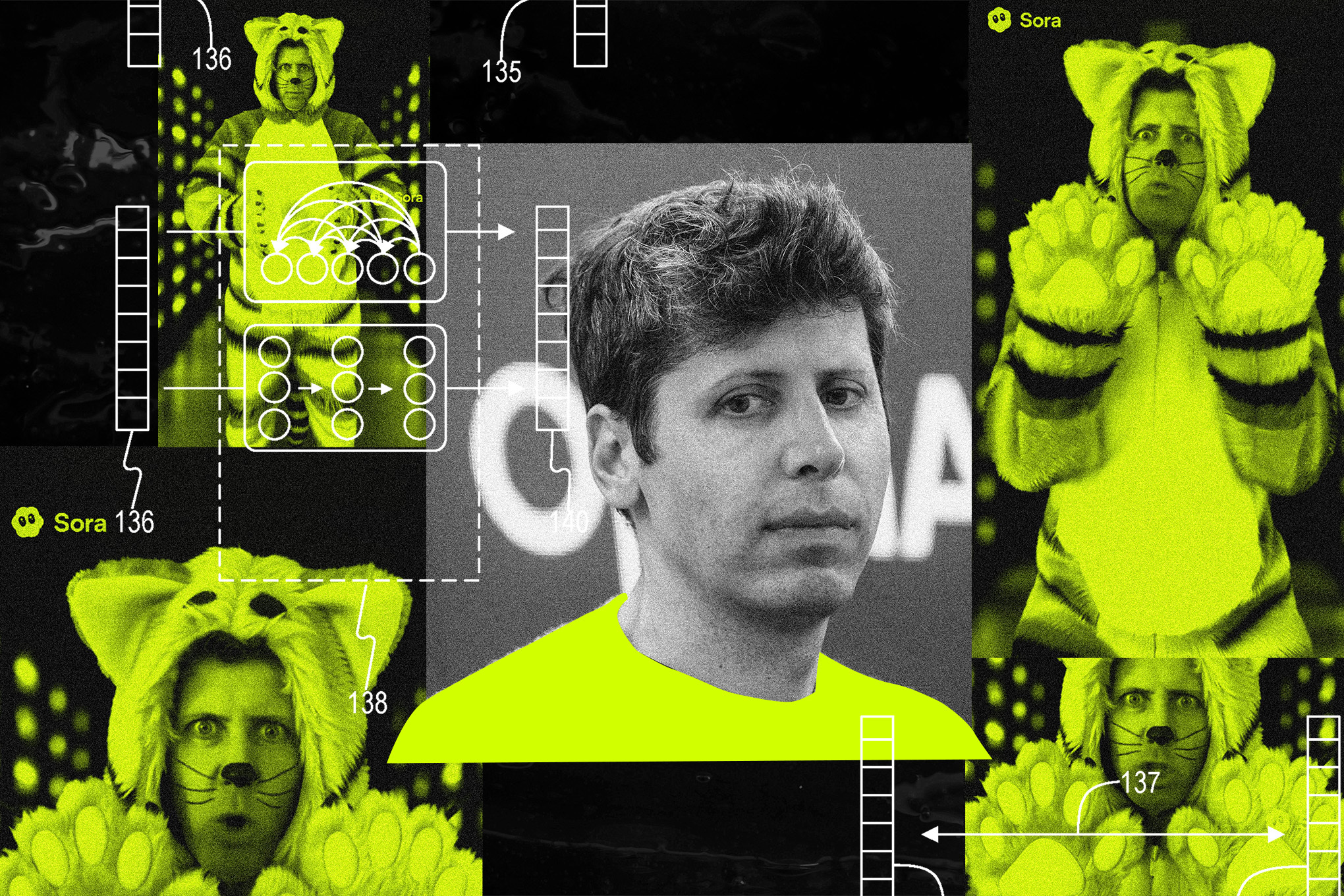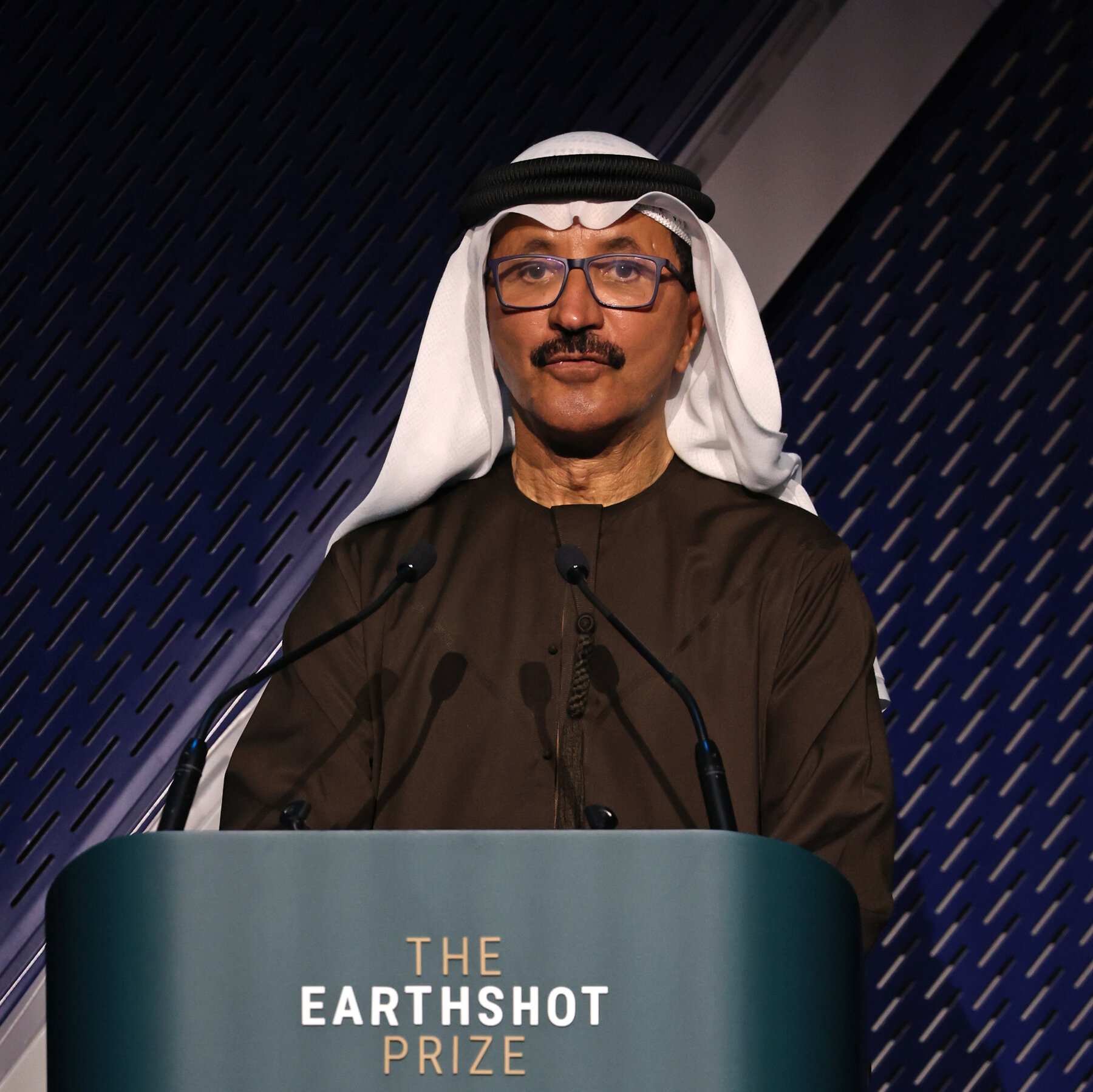

Sam Altman seeks candidate to address AI risks

Two Dead in Vehicle Attack and Stabbing Incident in Israel, Authorities Report

A Chaotic Regime and Financial Chains: Venezuela’s Hidden Blockade

Sky News Reporters Reflect on the Year 2025

Pandemi Kısıtlamalarının Şarkı Kuşunun Gagasını Nasıl Değiştirdiği

20 Maddelik Ukrayna Barış Planında Neler Var?

Russia Faces Increased Pressure Following Moscow Explosion and US-Ukraine Peace Initiative

San Francisco’da Geniş Kapsamlı Kesintinin Ardından Çoğu Bölgeye Elektrik Verildi

Trump Enacts Legislation to Lift Strict Sanctions on Syria

Samsung’s 2026 Gaming Displays Set to Deliver 6K, 3D, and 1,040Hz Refresh Rates
1
2
3
4
5
6
7
8
9
10



